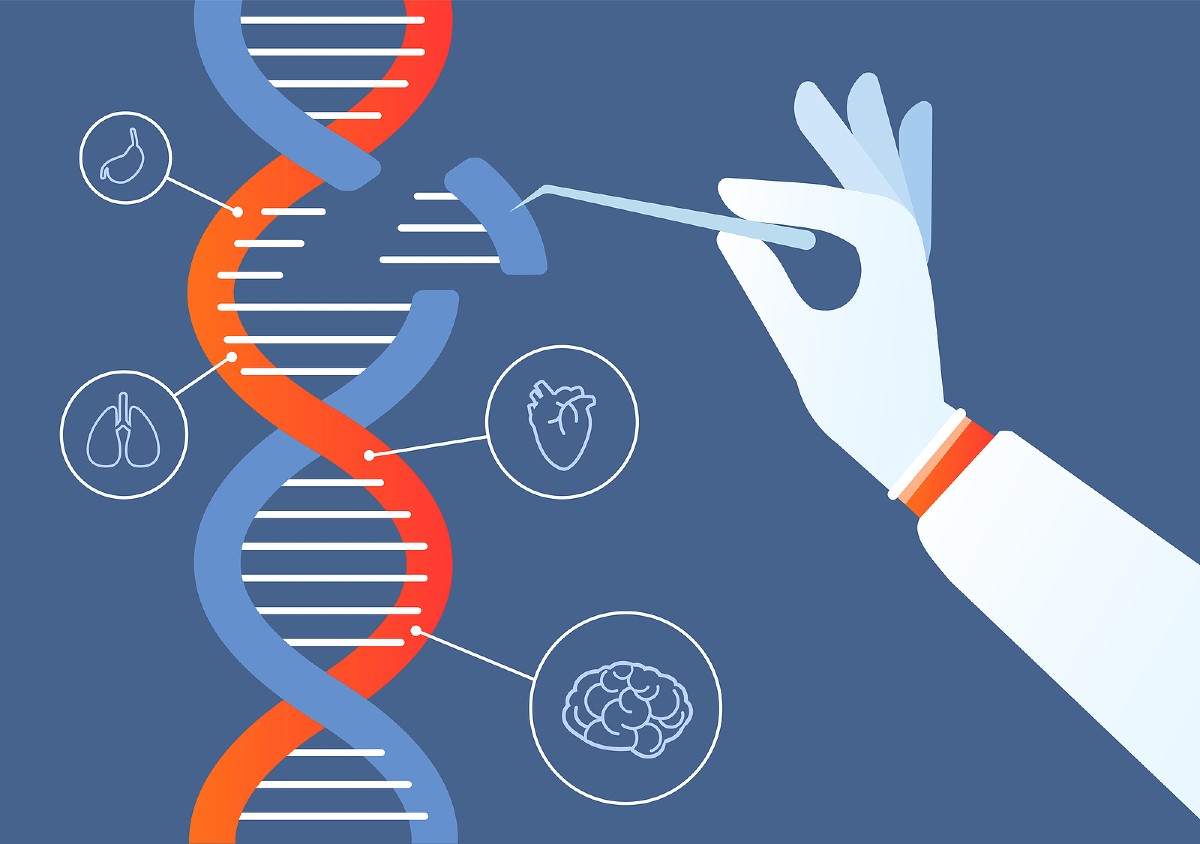
CRISPR-edited embryos should not be used. Not for the moment, that is
International commission side-steps ethical issues
CRISPR-edited human embryos should not be used to create a pregnancy until it is safe says a new report by an international commission of the US National Academy of Medicine, US National Academy of Sciences, and the UK’s Royal Society.
Heritable genome edits can be passed down to future generations, raising scientific, medical, ethical, moral, and societal issues. Extensive societal debate is needed first, the report says. Initial uses should be limited to the prevention of serious monogenic diseases, like cystic fibrosis, thalassemia, sickle cell anemia, and Tay-Sachs disease.
At the moment, it is not possible to define responsible translational pathways from research to clinical application for other potential uses of HHGE.
“Should they ever be used, it is vitally important that these technologies are used for medically justified interventions, based on a rigorous understanding of how the pathogenic variant leads to disease,” said commission co-chair Kay Davies, an Oxford professor of genetics.
The international commission was formed in the aftermath of the 2018 scandal in which a researcher from China announced that twins had been born following editing on early embryos, defying a consensus that it was premature and irresponsible to undertake heritable human genome editing.
Research on what is potentially the most controversial issue of all should continue, the report says — using stem cells to create functional human eggs or sperm. This technique could reduce or eliminate the need for genome editing at the time of or after fertilization. The report side-stepped the obvious ethical issues of creating gametes for gay couples or partial clones for single people.
A discussion of the ethical aspects of heritable genome modification is notable by its absence, apart from a discussion of informed consent. “There’s a risk that that will be perceived as saying, ‘Because we’ve got this focus on scientific and technical issues, we have already made the decision to go ahead with it’,” Jackie Leach Scully, a bioethicist at the University of New South Wales in Sydney, told Nature.
Michael Cook is editor of BioEdge
Creative commons
https://www.bioedge.org/images/2008images/Dna-Engineering-Genome-Crispr_2.jpg
- How long can you put off seeing the doctor because of lockdowns? - December 3, 2021
- House of Lords debates assisted suicide—again - October 28, 2021
- Spanish government tries to restrict conscientious objection - October 28, 2021
